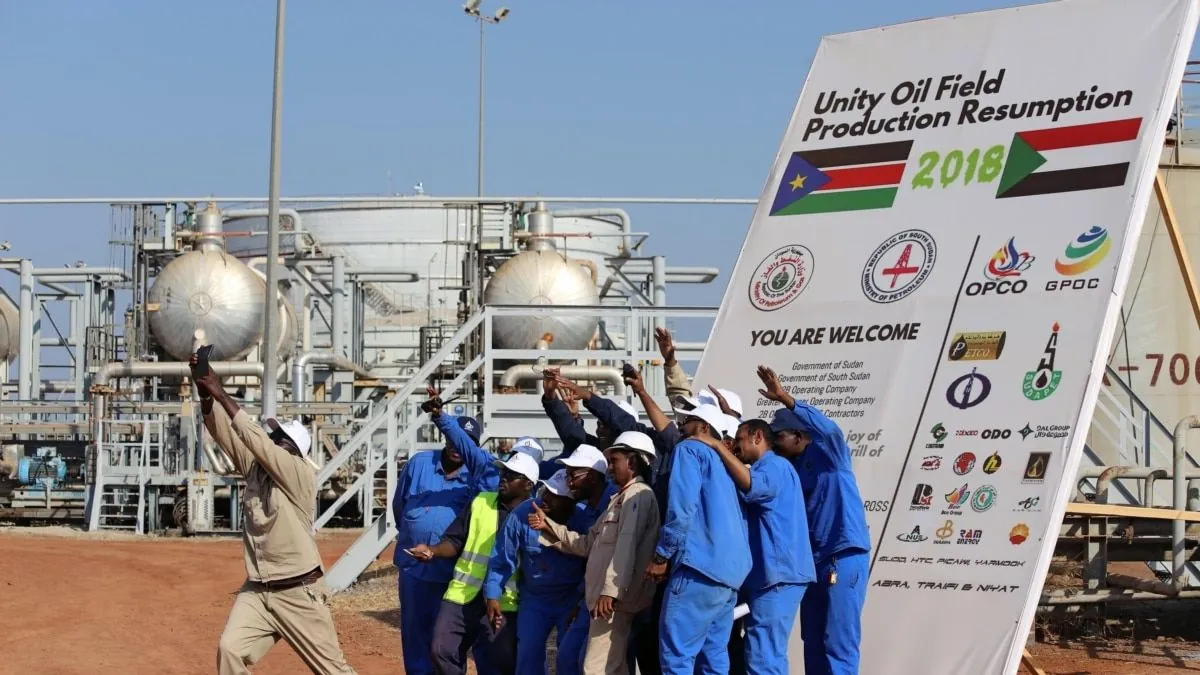South Sudan, the world's youngest nation, is grappling with a severe economic crisis exacerbated by a ruptured oil pipeline and ongoing conflict in neighboring Sudan. The situation has left government employees, including security forces, without pay for nine months, forcing many to seek alternative income sources or abandon their positions entirely.
Salva Kiir's government, which has led South Sudan since its independence in 2011, is struggling to address the economic challenges. The finance ministry has seen six ministers in just four years, with the most recent one appointed in July 2024. This rapid turnover reflects the difficulties in managing the country's finances effectively.
The economic crisis has had far-reaching consequences:
- Inflation has soared to 35% compared to the previous year
- The local currency has significantly devalued against the US dollar
- Basic commodities have become increasingly expensive
- Government offices are often empty during working hours
- Some employees have resorted to side jobs to make ends meet
One government worker, speaking anonymously, revealed that her monthly salary, when paid, was equivalent to just $8. She has since found employment at a restaurant, earning about $20 per month. This situation is not uncommon, as many civil servants struggle to cope with rising prices and delayed salaries.
The crisis has also affected the education sector. Maburuk Kuyu Surur, a deputy head teacher with 36 years of experience, stated that he has never witnessed such a prolonged salary delay. Teachers have resorted to collecting small amounts of money from students' families to support themselves, despite education being officially free.
"We have nine solid months people have not received their salaries, and we have money."
Salva Kiir has expressed frustration with the mismanagement of government finances and instructed the new finance minister to establish a single account for all revenues and address corrupt practices in revenue collection.
The economic challenges facing South Sudan are compounded by several factors:
- The country's heavy reliance on oil exports, which account for almost all of its foreign exchange earnings
- Ongoing intercommunal violence, despite the end of the civil war
- Widespread displacement and poverty, with 75% of the population relying on humanitarian aid
- One of the world's lowest literacy rates, estimated at around 27%
- Limited access to electricity, hindering economic development
Despite these challenges, there are some positive developments. The African Development Bank and South Sudan's government recently signed a $46.2 million agreement to support agricultural production through December 2030. This initiative aims to diversify the country's economy and reduce its dependence on oil revenues.
However, international frustration with South Sudan's progress is growing. The elections originally scheduled for 2023 have been postponed to December 2025, and the United Nations reports that the necessary preparations are incomplete.
As the country struggles to overcome its economic crisis, many South Sudanese are finding innovative ways to survive. Akol Deng, a former member of the armed forces, has turned to charcoal brokering to make a living. This adaptability demonstrates the resilience of the South Sudanese people in the face of adversity.
South Sudan's path to economic stability and development remains challenging. Addressing issues of corruption, diversifying the economy, and improving governance will be crucial for the country's future prosperity and the well-being of its predominantly young population.
